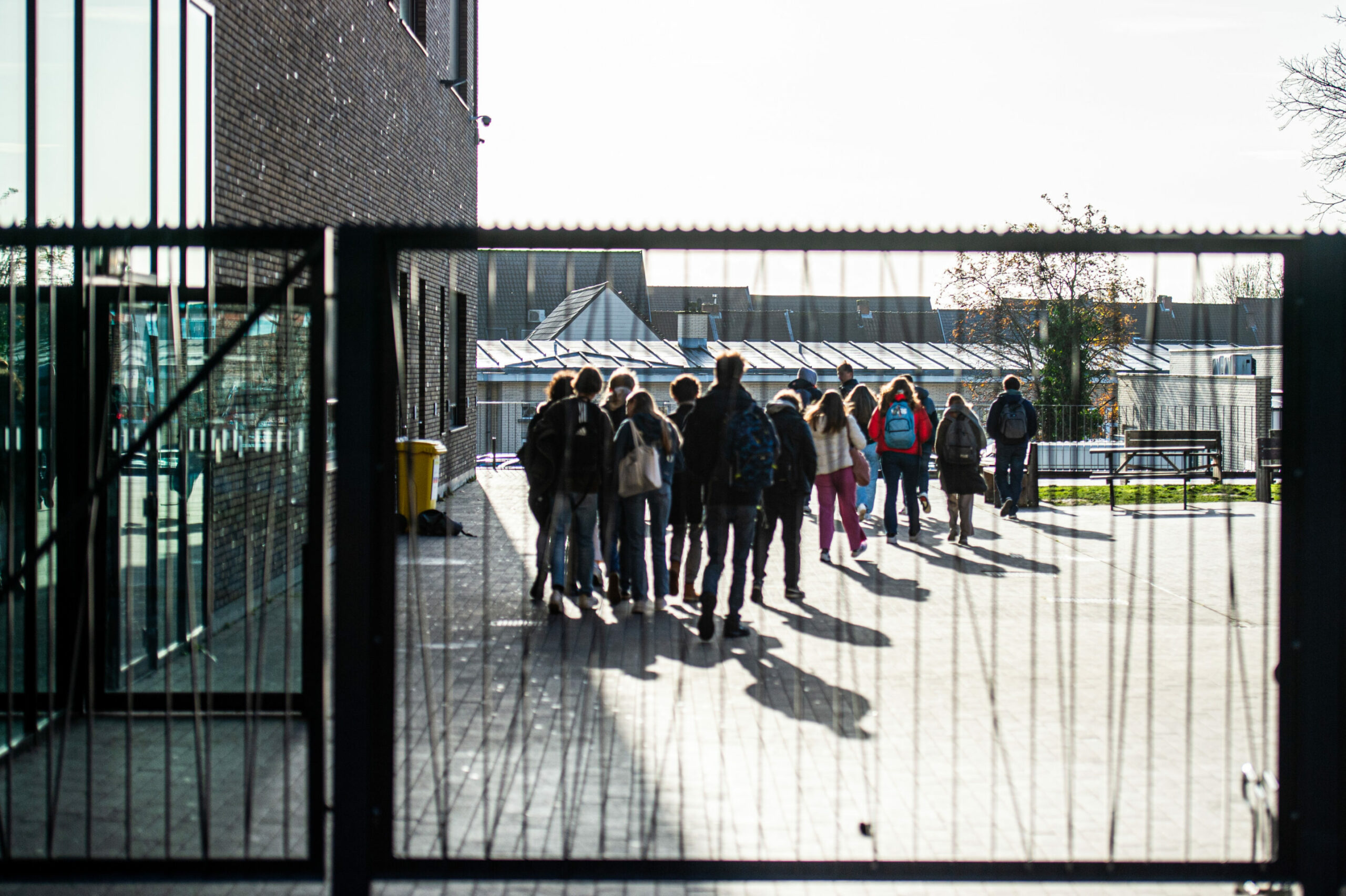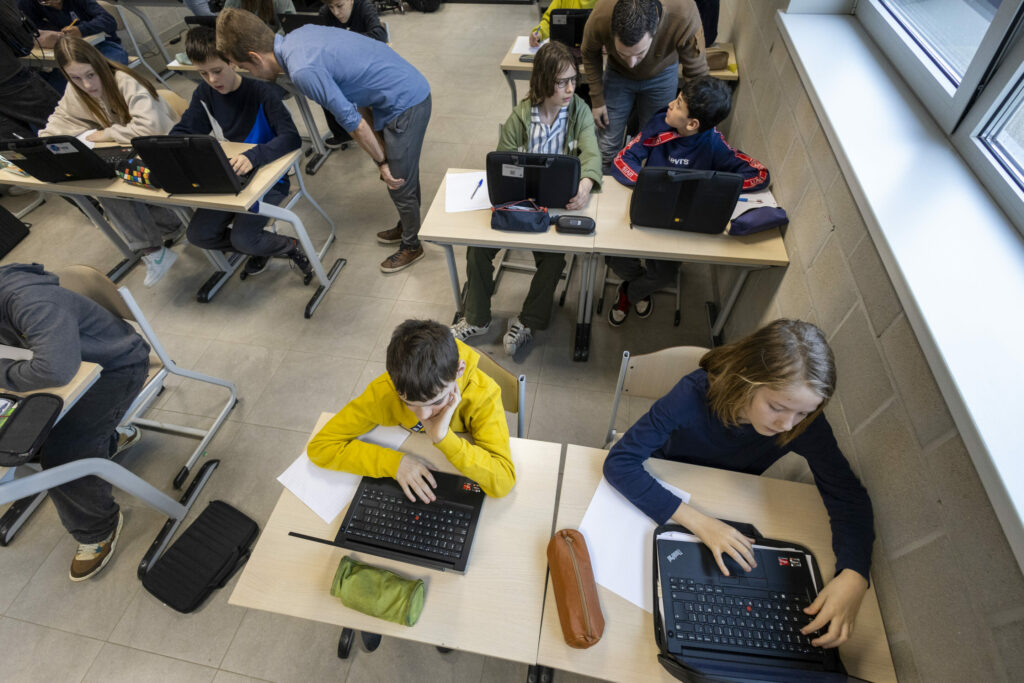A record number of children applied for a place in a Dutch-language Brussels secondary school – but more than 900 children were not given a place to start school in September this year.
Dutch-language secondary schools in Brussels received a record number of applications for the 2024-25 school year which starts in September this year, the Local Consultation Platform (LOP) for Brussels Secondary Education confirmed.
Parents could apply for a spot on the "first year A" (1A) – the class which most pupils enter when transferring from primary to secondary education – or the "first year B" (1B) – intended for children who want to go on to secondary school without a certificate of primary education, with a focus on learning difficulties – or both. In every application, parents can rank the choice of schools, meaning multiple schools can be put on the list.
As many as 3,404 applications were submitted for the 1A classes, while there are just 3,076 free spaces. "The number of applications far exceeds the number of free places," Petrus Van den Cruyce, Chair of LOP Brussels Secondary Education, stated. A similar problem was observed in the region's Dutch-language primary schools last month.
Betting on two horses
Of all children who applied for a spot, four-fifths (2,801 or 82%) were allocated a school and 98% got a school within their top three.
However, a total of 603 children were not given a spot. "Of the 3,404 applications, 987 mentioned only one school choice," Van den Cruyce noted. "If a child has only one school choice and does not get a place in that school, that child is left without a school."
Of all rejected applications, 222 included just one choice. Choosing only popular schools can be another reason why a child is not allocated a place. "Popular means there are more applications as the first choice school than the available free places for that school."

Illustration image of school playground. Credit: Belga
If school choice was evenly distributed across all schools, instead of many applications putting the popular schools as first choice, there would be fewer children on the waiting list (328).
It is likely many parents also applied for schools in the periphery around Brussels, thus "betting on two horses". In any case, applying further afield will be necessary, as there are fewer free spots than pupils left without a school.
Playing it safe
For applications for spots in 1B classes, even more children were left without a place. A total of 610 applications were sent in, 100 more than last year, for 334 free places. This leaves 276 pupils without a spot. "All the places were taken after the allocations," Van den Cruyce said. "All schools are full and have a waiting list."
The large number of applications for the 1B classes can be explained by the fact that some parents who doubt whether their child will get a certificate of primary education at the end of the school year are choosing to play it safe but applying for both 1A and 1B.
"At the end of the school year, they can then cancel their place." A total of 325 applications were sent in for both learning years.
Waiting lists
Children who have not been allocated a spot or did not get their first choice of school will automatically join the waiting list, which is valid until 7 October 2024. A high number of duplicate applications in Brussels and just outside of Brussels is anticipated, and parents who receive a spot in schools in both regions will then have to choose where to enrol their child.
Parents who applied for 1A and 1B will also have to make a choice, which could free up more spaces. "Shifts may still take place in the coming weeks and months, and children currently on the waiting list may then be fished out by the school," said Van den Cruyce. These children will be contacted in the coming weeks and months.
From 14 May 2024 at 09:00, parents can also register for the remaining 275 places in 14 schools, including Hoofdstedelijk Instituut Anneessens Funck, several GO! Atheneum schools, the Don Bosco in Woluwe-Saint-Pierre and the multilingual school in Woluwe.
In special secondary education, only 78 of the 114 registered children were given a place, leaving one in three without a spot.

